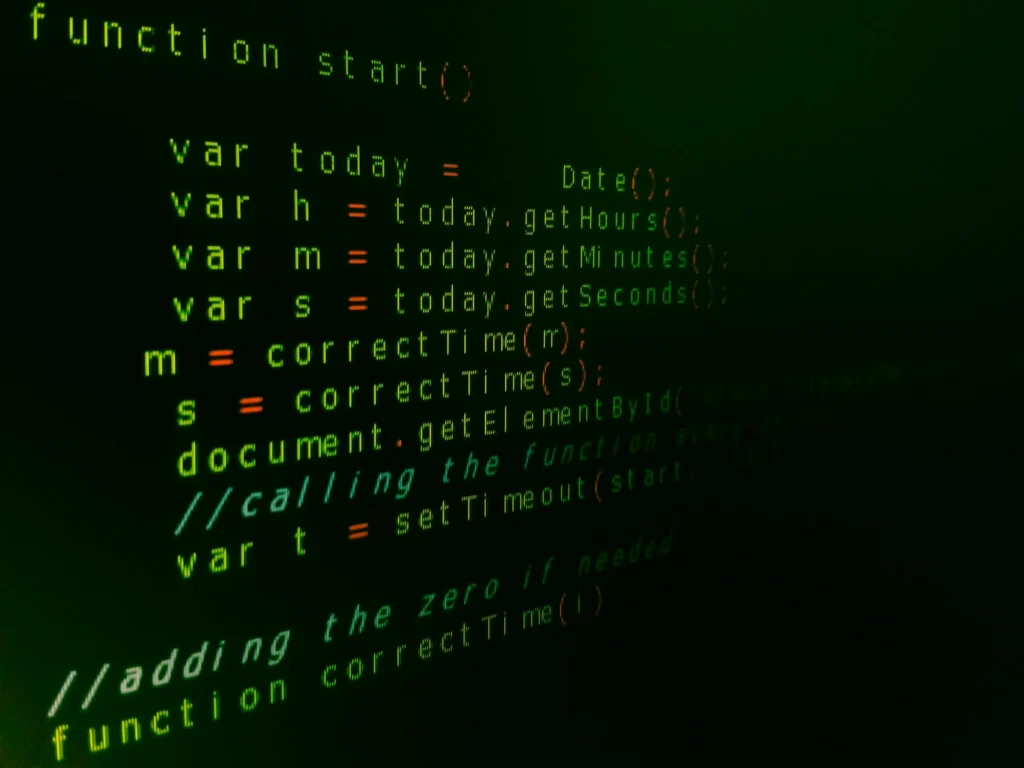When it comes to entertainment, eSports has become one of the industry’s latest pillars. Though the industry has leveled out after a few years of expansive growth, the market is still worth around $1.5 to $2 billion globally. Clearly, it’s here to stay.
But when it comes to cybersecurity, the industry is incredibly difficult to protect. There are a variety of angles from which to focus on cybersecurity and competitive gaming. The market includes eSports streamers, competitive gamers, teams, watchdog groups, and leagues.
Each plays a unique and important role in the eSports landscape… but each is prone to its own unique type of cyber threat. Let’s take a closer look at cybersecurity within the eSports world, with a special focus on teams like Fnatic and Team Liquid.
Cybersecurity in Gaming
Cybersecurity has become an embedded part of the gaming world. That’s because the vast majority of games today are digital. In fact, as early as the 1990s, gaming sectors like casinos were setting up shop on the internet. Today, casinos place a strong emphasis on cybersecurity.
For example, a platform like PokerStars Casino is known around the world as a trusted brand. To protect players and meet local regulations, virtual casinos pay top dollar for third-party security groups. These protect player data, financial portals, help providers meet regulations, and prevent phishing so that players can enjoy roulette, slots, blackjack, and more.
Beyond the scope of casinos, even the traditional gaming industry has started to prioritize cybersecurity. Along with player data and financial information, these efforts also focus on preventing malware, ransomware, and even DDoS attacks.
But what about eSports gamers and the teams they compete on? What sorts of attacks do these groups want to prevent? Let’s take a closer look at the greatest threats against eSports teams.
Hacking: Data & Applications
One of the primary reasons why a hacker would target an eSports team would be to gain a competitive edge. In other words, they’re after a team’s or player’s data that they can sell to another team. The goal would be to glean insider insights into a team’s readiness or even unlock the hidden weakness of a top player.
These types of threats aren’t unique to eSports—in fact, professional sports teams have been known to employ similar tactics to get into their opponent’s playbook, so to speak.

Hacking: Manipulating Game Outcomes (Aimbots, Wallhacks)
Not all hacks are focused on extorting teams and gaining critical information about their operations. Instead, hacking can also focus on altering game outcomes. Video games are subject to modifications (called mods) that change how the game functions. The vast majority are designed to add a new and exciting angle to the game.
But some are focused on giving players an edge, such as improving their aim through aimbots or the ability to see through walls with wallhacks. Conversely, however, this is a cybersecurity threat that leagues must monitor in order to prevent teams from cheating (rather than an internal team concern).
Insider Threats
The individuals who have the potential to create mayhem in terms of cybersecurity are those closest to operations. Insider threats have started to proliferate in terms of gaming, including in eSports. These threads come from unhappy employees, contractors, or even partners. They might focus on disrupting the gaming experience to compromise match results, damage the reputation of a player or team, or even uncover sensitive information to hold as ransom.
DDoS extortion has become an ever-increasing issue. A DDoS attack is one that targets a gaming server. Servers are massively important, as these host hundreds of competitive multiplayer games. Compromising the server disrupts the gaming experience and can even cause a match’s outcome to be null. The goal is usually for a hacker to extort a gaming company for money.
A New eSport?
It’s worth mentioning that one of the latest sectors in eSports to emerge doesn’t revolve around cybersecurity as much as it does hacking. Hacker video games have been around for years. Like the label suggests, these games require players to bust past fake cybersecurity measures to accomplish some goal. They’re often called ‘hackathons’—and they’re starting to gain traction for competitive gamers who have a background in programming.



































